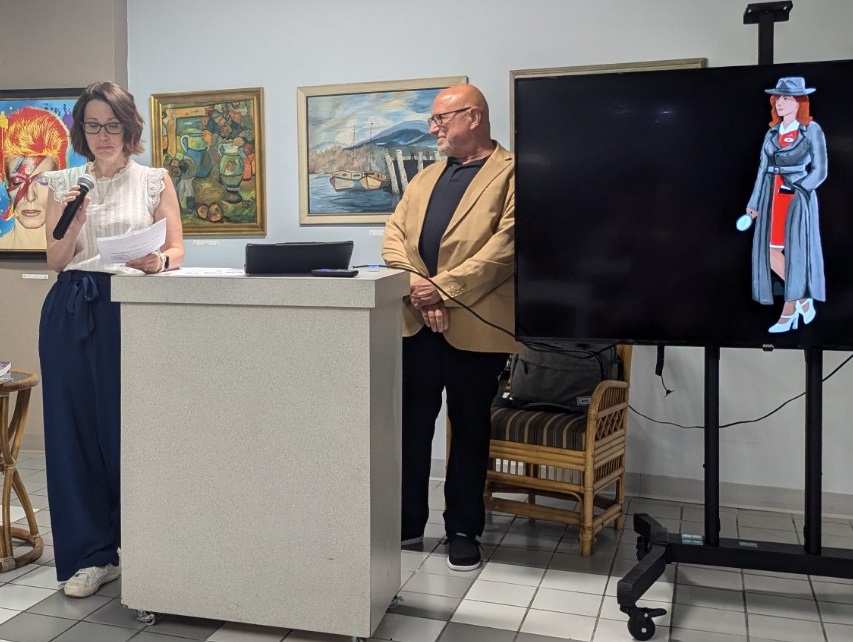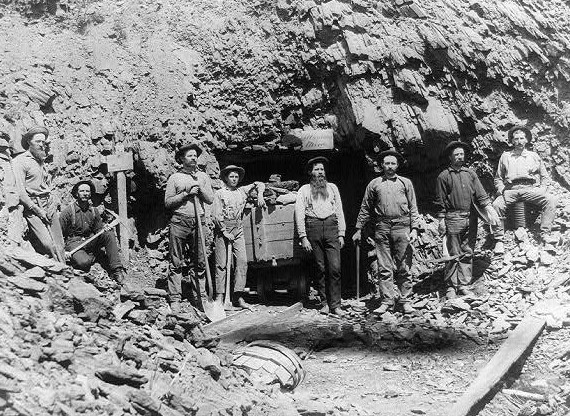
“How did you come up with the idea for your book?”
Usually, when I’m asked this, the questioner is genuinely interested in the process. Perhaps they’ve had an idea rolling around in their head and wanted to see how far they could take it. Or maybe they’d wanted to write a book but didn’t know where to start.
So, while “spontaneous combustion” seems like what actually happened to me with FLEECED, that wouldn’t be a helpful answer. Plus, I’m not sure that is wholly true because I knew where I wanted the story set, what time period it would take place in, and that it would be an urban fantasy with a pinch of noir.
So, to provide a more practical answer, I deconstructed my process. You may find it useful if you’re writing (or reading) a story.
I started with a location, Atlantic City, NJ, because it was interesting enough to be a character in the series.
Next, I chose a timeframe – the late 60s-early 70s – because I wanted to put the characters in situations with no access to computers, the Internet, or cellphones, and watch how they handled the lack of technology.
Next came character creation–a critical step and now my first step in each new Chronicles edition I write. To create a pool of characters, I considered all the people who might have lived in AC then and began asking myself, “What if…”
For example, what if a Boardwalk psychic could solve mysteries by communicating with the dearly departed? What if the dearly departed weren’t ethereal, but inhabited animate and inanimate objects? Things like faces on billboards, gargoyles, or, in FLEECED, radios?
What if the psychic had a girlfriend? Would she work? What if she got involved in the cases? What if she loved pulp detective heroes and one of those hard-boiled private eyes as her alter-ego? How would her dialogue sound?
For comic relief, what if there was a gadfly? How would he behave? What would be his reason for being in the story besides providing some laughs?
What if Stan (our psychic) had a few friends with different paranormal abilities? Besides their regular day jobs, what if they used their skills to help keep the city safe from crime? How would that work?
Speaking of crime, what would be one that put enough at stake to drive the story?
How much trouble could I get these characters into?
How could they escape the mess I’d made for them?
What technology would they use in the late 60s and early 70s? That was especially fun–and challenging.
How much humor could I inject?
I knew many of the answers in advance. But not all. Some came to me as I wrote—some required research.
The key for me was asking questions, “what if?” or “how?”
“What if” is a staple of Improv.
For me, it’s also a great writing tool.

